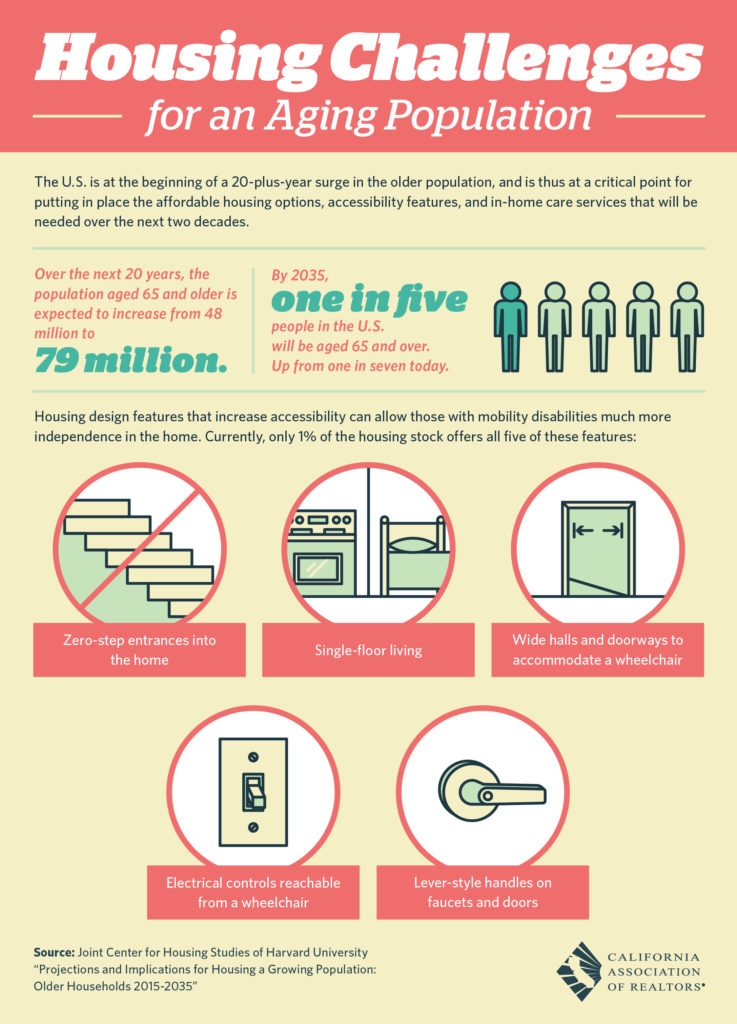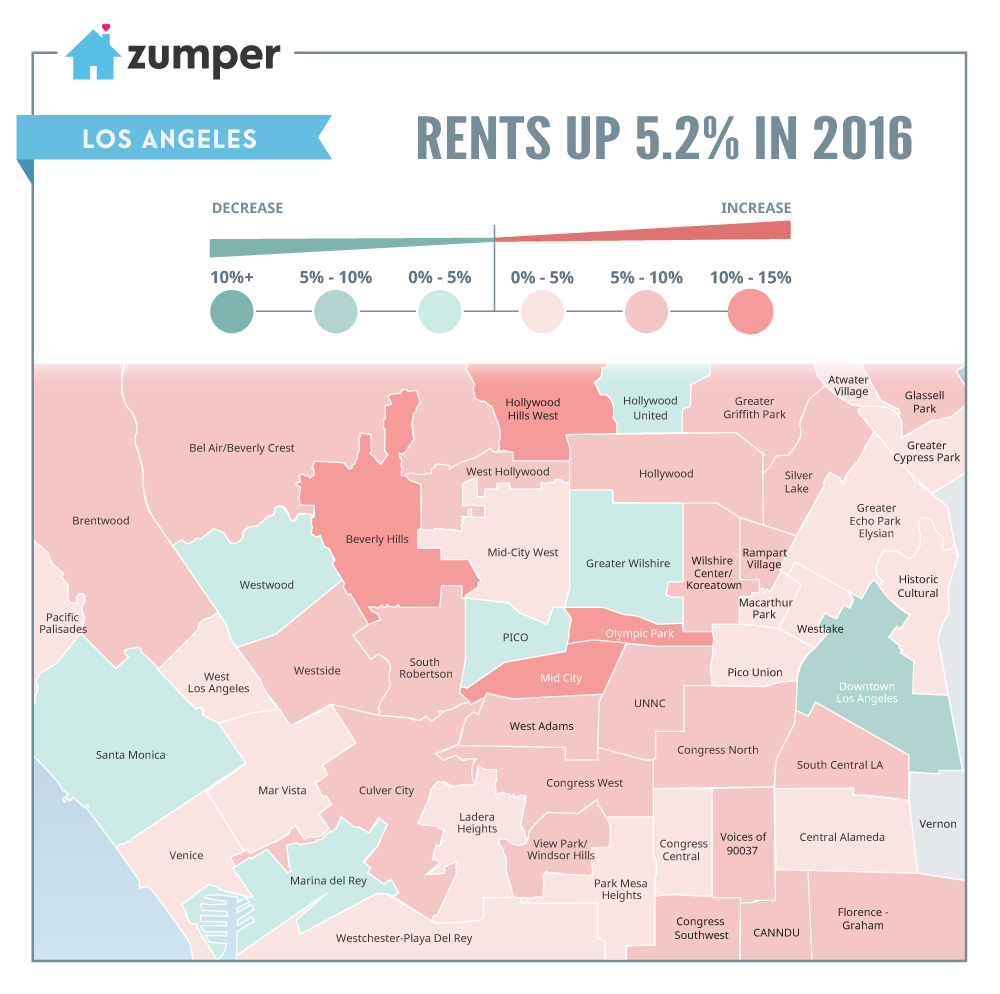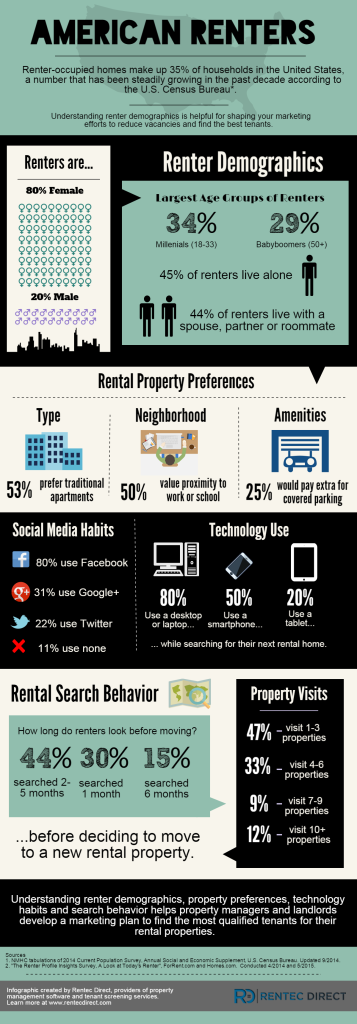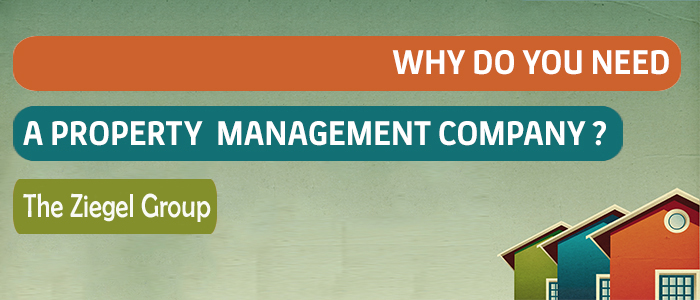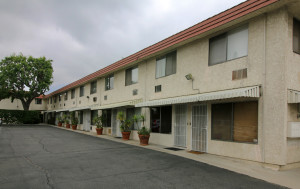One of the biggest cash flow killers in property management is tenant turnover.

When a tenant moves out of your rental property, not only do you miss out on monthly rental income from the unoccupied unit, but the costs continue to add up when you factor in the additional steps it takes to get your newly vacated unit rented again.
Costs Associated with Tenant Turnover:
Administration Costs – Time is money in most industries, and property management is no exception. When it comes to budgeting tenant turnover, you need to factor in the administrative time it takes to market your newly vacant property, process move-out paperwork, coordinate repairs and cleaning services, screen new applicants and process lease agreements for future tenants.
Marketing Costs – Sometimes a simple online listing is all it takes to get your vacant unit rented fast. But in a slower market, advertising your property can involve signs, flyers, or print ads, all of which will contribute to your bottom line.
Showing Costs – For serious prospects that want to visit your listed property, you will need to schedule time out of your day to present the vacant unit in person. If you live far away from your rental property, showing your unit in person can get expensive when you factor in traveling expenses.
Application Processing – Property managers and landlords should always approve rental applicants after reviewing tenant screening reports to discover an applicant’s financial responsibility, job stability, law abiding behavior and rental history. Credit, criminal, and eviction reports all cost money, which can be deferred to the applicant, but they involve time to review in order to make the best approval decision.
Cleaning Costs – Despite your tenants’ best efforts, they might not be able to get your property back to the level of cleanliness you require for the next tenant. Even if you use their security deposit to cover the cost of cleaning and repairs, there might be extra expenses that go beyond the deposit that will come out of your pocket. If the vacating tenant has lived in the property long enough, some of restoration expenses will not be covered by the security deposit at all.
Repair Costs – Once a tenant vacates the home, you have the opportunity to conduct a thorough inspection which may reveal some home maintenance repairs that must be handled before the next tenant moves in. Not only will repairs cost you money, but the longer it takes to get the property market ready, the longer you will be without rental income.
Lost Income – Without steady income coming in from regular rental payments, you will notice a hit to your bank account, that will continue to add up the longer your property sits vacant. This is will be especially noticeable if you are relying on rental income to cover a mortgage payment on the property.
Save Money During Tenant Turnover
Although tenant turnover is unavoidable in this industry, there are some steps you can take to manage the transition and keep costs at a minimum.
Start marketing the vacant property early – As soon as your current tenant gives notice about their intent to move, start looking for a new tenant. In a perfect world, you will have a new tenant ready to move in as soon as the current one moves out.
Minimize in-person showings – Only show the property to serious applicants, and try to get some initial screening questions out of the way in a phone interview, by asking some qualifying questions about income and job stability. You can also host an open house to show the property to multiple prospects at once.
Do a move-out inspection prior to your tenant vacating the unit. Set up a time to do a walk-through with your tenant so you can point out areas that need to be cleaned or fixed by your tenant. This step will help your tenants take an active approach to getting the property back to the condition it was when they moved in. You can also take this time to make a note of what additional maintenance you will need to do once the unit is vacant.
Reduce Tenant Turnover – The simple solution for avoiding tenant turnover is prevention. While you won’t be able to stop a tenant from moving out of town for a new job or to be closer to family, preventing local moves is the best way to keep vacancies at a minimum. Maintain a positive landlord-tenant relationship with good communication and timely response to tenant requests. Keep your rent priced at a fair market value and keep up on maintenance and property features.
Best case scenario, you will find a long-term, reliable tenant who pays rent on time and takes care of the property, with no intention of moving. But if one of your tenants does decide to move out, understanding the true cost of tenant turnover will help you budget your expenses and manage the process more efficiently.




